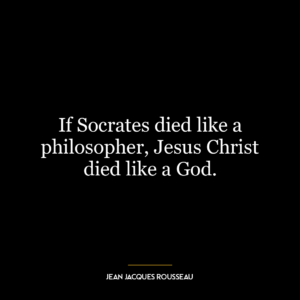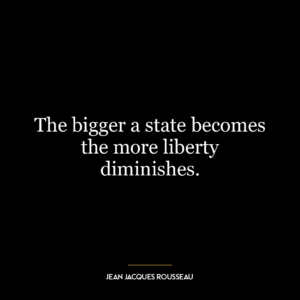This quote implies that virtue, or moral excellence, is not a state of being that comes easily or naturally. Instead, it is something that requires constant struggle and self-discipline. The “state of war” referred to is not a physical battle, but an internal one. It’s a battle against our own weaknesses, temptations, and negative tendencies.
The war is ongoing because human nature is not inherently virtuous. We are all prone to selfishness, laziness, dishonesty, and other vices. Therefore, to be virtuous, we must continually fight against these tendencies. This requires self-awareness, self-control, and the courage to do what is right even when it is difficult.
In today’s world, this quote is particularly relevant. We are constantly bombarded with temptations and distractions that can lead us astray from the path of virtue. The rise of social media, for example, can fuel vanity, jealousy, and a preoccupation with material wealth and status. Moreover, the pace of modern life can make it easy to prioritize convenience over ethical considerations, such as by choosing fast fashion or non-eco-friendly products.
In terms of personal development, this quote suggests that becoming a better person is not a matter of achieving a certain state and then resting on our laurels. Instead, it is a lifelong process of self-improvement and self-discipline. It reminds us that we should not be discouraged when we stumble or fall, because the path to virtue is not easy. Instead, we should see these moments as opportunities to learn and grow.
Furthermore, the quote also suggests that the pursuit of virtue is not a solitary endeavor. We live in a society, and our actions and choices can have a significant impact on others. Therefore, the struggle for virtue also involves considering the welfare of others and making decisions that contribute to the common good. This perspective can inspire us to strive for virtue not just for our own sake, but also for the sake of our community and society as a whole.















